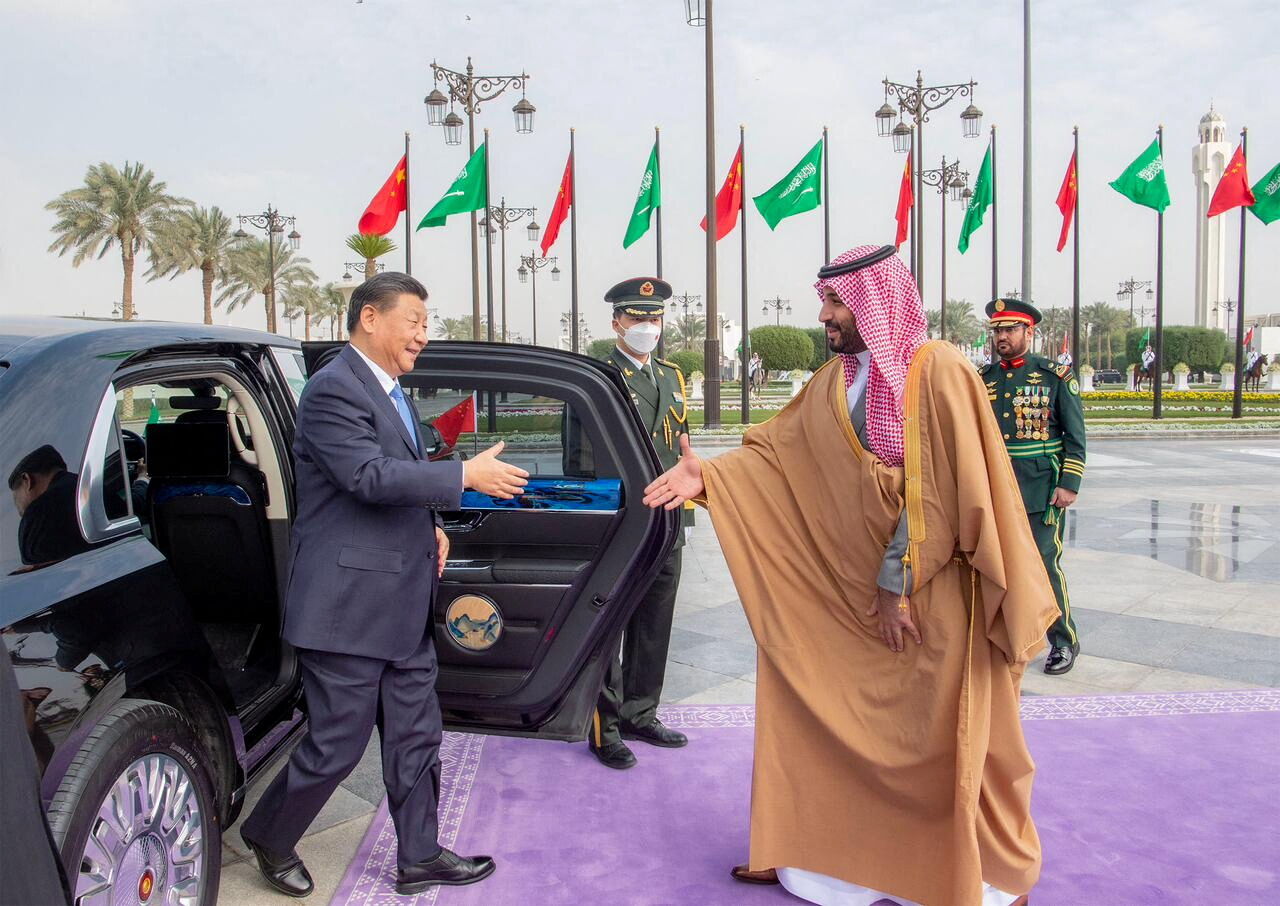Blinken faces uphill battle amid Middle East’s shift towards China and Russia

US Secretary of State Antony Blinken faces challenges during his three-day visit to Saudi Arabia this week, as the United States seeks to maintain its influence in the Middle East. Despite President Joe Biden’s commitment to staying engaged in the region, countries such as Saudi Arabia and the United Arab Emirates have been forging stronger ties with China, Russia, and Iran, leaving the US struggling to maintain its dominance.
In recent years, China’s influence in the oil-rich Gulf region has grown, causing concern for the US. As Blinken stated last month, “China represents the most consequential geopolitical challenge we face today: a country with the intent and, increasingly, the capability to challenge our vision for a free, open, secure, and prosperous international order.” However, the autocratic nature of Beijing’s government may be more appealing to the region’s autocrats than Washington’s democracy.
Russia’s increasing presence in the Middle East has also raised concerns for the US. Despite the Biden administration’s efforts to pressure Middle Eastern states into choosing sides, countries like Saudi Arabia have maintained good relations with Moscow and have been reluctant to support Ukraine. In fact, Saudi Crown Prince Mohammed bin Salman’s defiance of Washington has reportedly made him extremely popular in the region.
This shift in attitude towards the US is not limited to Saudi Arabia; it is a regional phenomenon. Trade between the Middle East and China has grown from US$15.2 billion in 2000 to US$284.3 billion in 2021, while trade with the US has only increased modestly from US$63.4 billion to US$98.4 billion during the same period. Additionally, six Middle Eastern countries have recently requested to join the Chinese-led BRICS group, despite Western sanctions on Russia.
While the US has been the dominant power in the Middle East for the past three decades, it is uncertain whether it will maintain this position in the future. Many in the region view the US as a hypocritical imperial power that only pays lip service to human rights and democracy. This perception is particularly evident in the US’s unwavering support for Israel, despite the plight of the Palestinians.
During his visit to Riyadh, Blinken is expected to pressure Saudi Arabia to normalise relations with Israel, but the Palestinian cause remains a significant issue for the Arab public. The perception of the US as a duplicitous power has only been reinforced by its actions in Iraq and Afghanistan, leading to widespread distrust of American intentions in the region.
A 2022 poll conducted by the Doha-based Arab Center for Research and Policy Studies found that 78% of respondents in 14 Arab countries believed the US to be the biggest source of threat and instability in the region. In contrast, only 57% viewed Iran and Russia in the same light. As the Middle East continues to diversify its global engagement, the US may find it increasingly difficult to maintain its influence in the region. How the US chooses to adapt its foreign policy will determine the long-term implications for both sides.
Latest Thailand News
Follow The Thaiger on Google News:


























